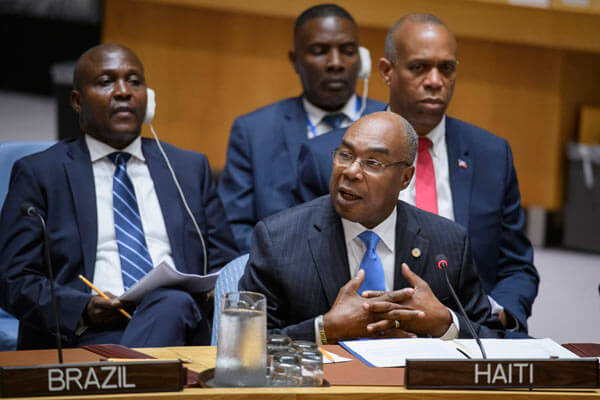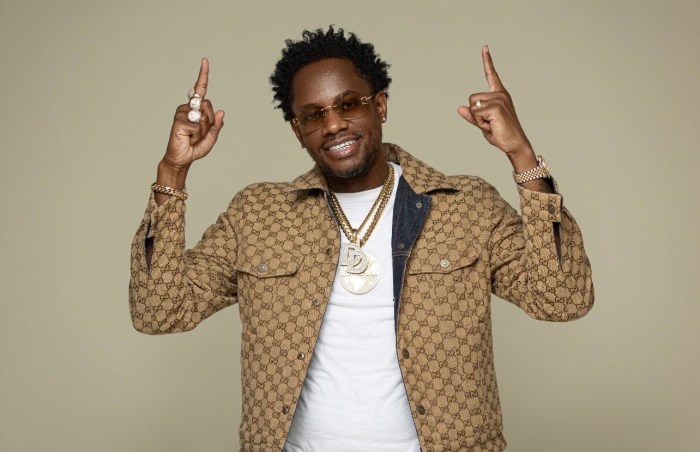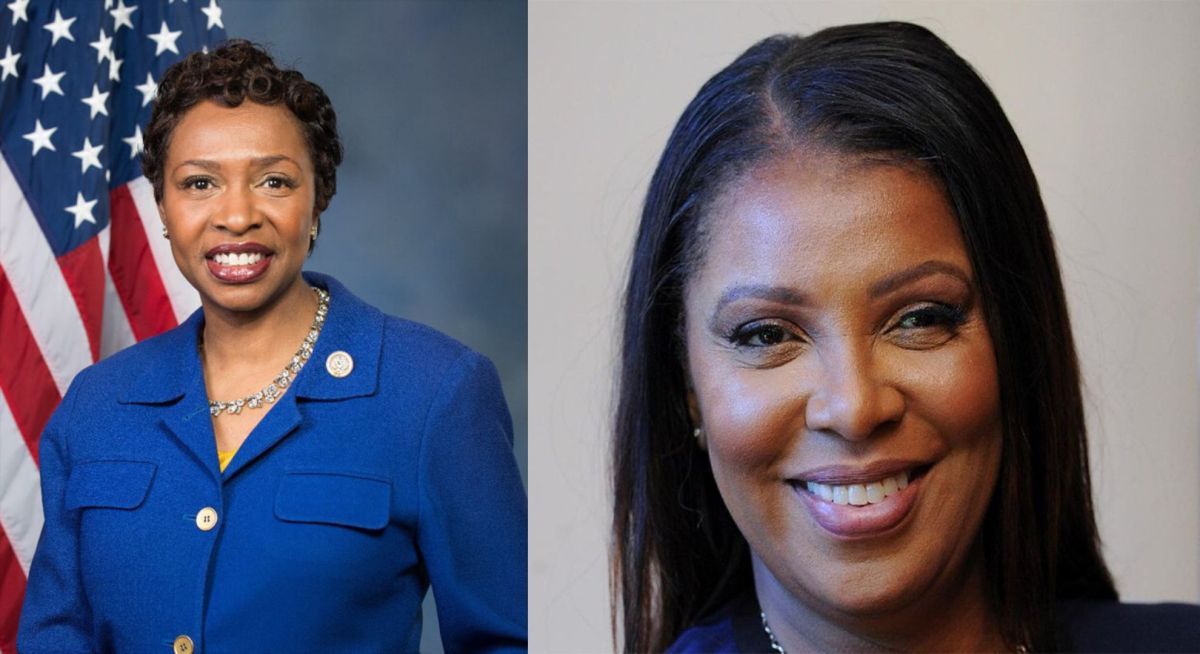Haiti has recalled its ambassador to the United Nations for consultations after UN Secretary General António Guterres’ special representative said she welcomed a corruption inquiry into the way US$2 billion in oil loans from Venezuela was spent by former Haitian government officials, according to reports.
Ambassador Denis Regis and Haiti Foreign Minister Antonio Rodrigue have confirmed the decision, reported the Miami Herald on Tuesday.
Rodrigue said the government believes that a statement issued by Susan D. Page, the special representative and chief of the United Nations Mission for Justice Support in Haiti — known by the acronym MINUJUSTH — “surpasses its role to support the country in the enforcement of rule of law and justice,” according to the Herald.
He said the Haitian government also summoned Page on Tuesday to explain the communique.
On Sunday, Page said she welcomed the decision by Haiti’s justice system to assign an investigative judge, Paul Pierre, to look into complaints filed by about 20 citizens demanding an accounting for the US$2 billion Haiti received as part of a discounted oil program with Venezuela, known as PetroCaribe, according to the Herald.
It said she also called on Haitian authorities to look into two separate incidents involving alleged police brutality and shootings.
Page noted that the UN mission’s role is to strengthen the rule of law in Haiti, the Herald said, stating that the mission was formed following the end of the UN peacekeeping mission in October after 13 1/2 years.
Page, according to the Herald, also cited a recent Transparency International report ranking Haiti as the most corrupt country in the Caribbean.
“I salute the initiative and the active role of Haitian citizens and civil society engaged in the fight against corruption and impunity, whose actions demonstrate that the population defends accountability and justice,” Page said in a statement.
The diplomatic row came as leaders from the 15-member Caribbean Community economic bloc known as CARICOM were ending a two-day summit in Port-au-Prince.
Haiti, which is a member, hosted the summit, where leaders discussed issues concerning ISIS terrorism recruitment, regional air transport and a regional arrest treaty, the Herald said.
It said Haitian President Jovenel Moïse, who marked a year in office on Feb. 8, has been at odds with the international community.
In January, he irked the country’s foreign diplomatic corps when, according to several sources, he demanded that foreign donors support his campaign promises or take their aid elsewhere, the Herald said.
It referred to an interview Moïse conducted with Bloomberg News last month in which he complained that billions of dollars have been squandered by the international community in Haiti over the years.
“Right now, in Haiti, the money of foreign taxpayers, your money, is being wasted,” Moïse said. “Every year we receive US$1.2 billion to US$1.4 billion in aid, or more. However, it’s all consumed in a state of disorder that constitutes public international development aid.”
An unidentified Caribbean diplomat told the Herald during Tuesday’s closed-door session with CARICOM leaders that Moïse told the group that “he didn’t like what the UN had to say about corruption, so he recalled his ambassador.”
Foreign diplomats have demanded that Moïse, who has said he’s out to combat corruption, show he’s serious about rooting it out, the Herald said.
It said he has been reluctant to pursue the PetroCaribe allegations, which were detailed in two separate reports by the Senate’s anti-corruption committee.
The most recent report, which triggered several citizens’ lawsuits, alleges that much of the US$2 billion that Haiti owes Venezuela from the PetroCaribe oil program was embezzled by government officials, most of whom served under former Haitian President Michel Martelly, a political ally of Moïse, the Herald said.

























